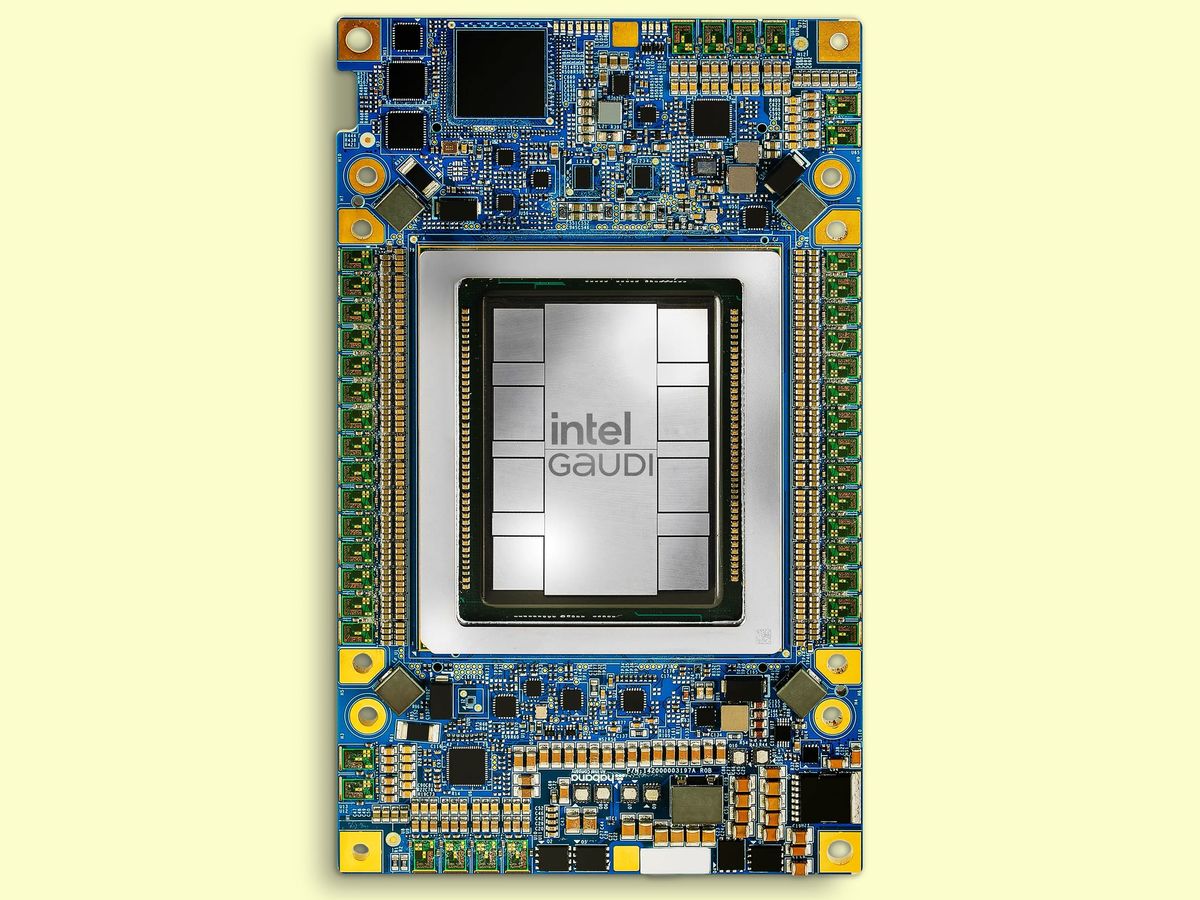It’s hard to keep up with Google’s adventures in patents these days. No sooner had its Patent Purchase Promotion ended—July 22 was the date by which Google mailed out final purchase contracts—than it announced another experiment, the Patent Starter Program, the very next day. The starter program could be over even more quickly than the purchase promotion, which gave interested parties only three weeks to decide whether to participate (see “Google’s Patent Portal is Closing Fast”).
Rather than offering to buy patents, however, the new program gives them away.
It’s meant to target startups and developers that may be defenseless when it comes to patent protection. From the program description [pdf]:
All too often these days, the first time a startup has to deal with a patent issue is when a patent troll attacks them. Or when a prospective investor may ask them how they are protecting their ideas.
At no cost, participants can choose two patents from a group of three to five that Google identifies as relevant to their businesses. Startups can also search Google’s portfolio of other patents the company has purchased (although not patents granted to Google itself) for assets the company might be willing to sell.
The catch is that participants must join the License on Transfer (LOT) network, a royalty-free cross-licensing arrangement launched by Google and several other companies in July 2014 to combat trolls. Under LOT, each company grants a license to other members, but that license only goes into effect if the patents in question are transferred to a company outside the LOT. That way, if a troll gets hold of the IP, it finds that there’s nobody (in the network) to sue. Google says that LOT network membership fees for the startups in the Patent Starter Program will be waived for two years.
One other catch: Google will accept only the first 50 applicants that meet its revenue criteria—2014 revenue of $500,000 to $20 million. Asked if that fact would create a mad rush by applicants that don’t want to miss a chance at Google’s largesse, the company’s senior product licensing manager, Kurt Brasch, said that such a result wasn’t the intent. Rather, the company wanted to limit the number so it could properly gauge interest in the idea. “We’ll evaluate it afterward, just like our other experiments,” he said.
Freelance journalist Tam Harbert has covered technology and business for more than 20 years. Based in Washington, D.C., Harbert says her favorite type of article explains how public policy affects the technology business, or vice versa. She has launched, edited, and written for publications targeting engineers, IT managers, investors, and corporate executives. Harbert has won more than a dozen awards for her work, most recently two awards (2014) from the American Society of Business Publication Editors (ASBPE) and the American Society of Journalists and Authors (ASJA). She has also received the Jesse H. Neal Award for op-ed writing.



